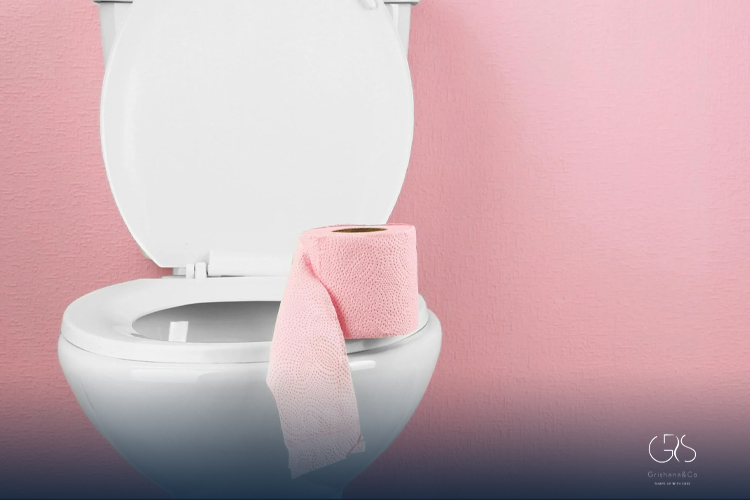Have you ever wondered about the duration without pooping? Understanding the impact on your health is crucial. Let’s explore the surprising truth and learn what you can do for better digestive well-being.
Factors Affecting Bowel Movements
Diet: What you eat and drink can have a big impact on how often and how much you poop. Foods high in fiber, such as whole grains, fruits, and vegetables, can help keep you regular. On the other hand, a low-fiber or high-fat diet can slow down digestion, leading to constipation.

Exercise level: Regular exercise can help keep your digestive system moving efficiently. On the other hand, a sedentary lifestyle can lead to constipation.
Medications: Some medications, such as painkillers, antidepressants, and iron supplements, can cause constipation as a side effect.

Stress: Stress and anxiety can affect your digestive system, leading to constipation or diarrhea.
Medical conditions: Certain medical conditions, such as irritable bowel syndrome (IBS), inflammatory bowel disease (IBD), and thyroid disorders, can affect bowel movements.
Is It Bad Not to Poop for a Long Time?
If you haven’t pooped in a few days, you may feel uncomfortable and bloated. However, that doesn’t necessarily mean you’re unhealthy. For most people, going a few days without pooping is not a cause for concern.
However, if you go a week or more without pooping, you may need to seek medical attention. This could be a sign of an underlying condition, such as a bowel obstruction, fecal impaction, or nerve damage.
In addition, if you experience any of the following symptoms, you should see a doctor as soon as possible:
- Severe abdominal pain
- Blood in your stool
- Nausea and vomiting
- Weight loss
- Changes in bowel habits that last for more than a few weeks
Tips for Relieving Constipation
If you’re experiencing constipation, there are several things you can do to get things moving again:
- Drink plenty of water: Staying hydrated can help soften stool and make it easier to pass.
- Eat more fiber: Foods high in fiber can help bulk up stool and keep things moving. Some examples include whole grains, fruits, and vegetables.
- Exercise regularly: Physical activity can help stimulate bowel movements. Try over-the-counter remedies: Over-the-counter laxatives, stool softeners, and enemas can help relieve constipation, but use them sparingly and under the guidance of your doctor.

- Practice good bathroom habits: Try to go to the bathroom at the same time every day, and make sure you have enough time to relax and pass stool without straining.

Conclusion
In conclusion, the duration without pooping varies from person to person and depends on various factors such as diet, exercise level, medications, stress, and medical conditions. While going a few days without pooping is not a cause for concern for most people, if you experience any concerning symptoms or go a week or more without pooping, you should seek medical attention.
Remember to stay hydrated, eat a balanced diet, exercise regularly, and practice good bathroom habits to keep your digestive system healthy and functioning properly.
Sources
- Cleveland Clinic, How Long is Too Long Not to Poop?
- Harvard Health Publishing, Three Steps to Stool Success
- Mayo Clinic, Constipation
- WebMD, Constipation





